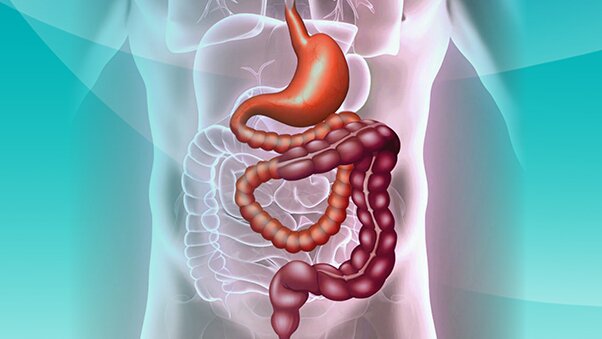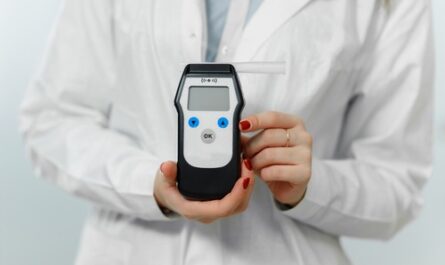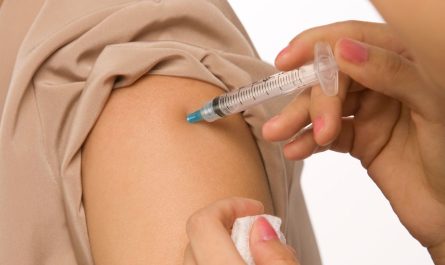The Short Bowel Syndrome Market is estimated to be valued at US$ 188.9 Bn in 2023 and is expected to exhibit a CAGR of 11.5% over the forecast period 2023-2030, as highlighted in a new report published by Coherent Market Insights.
Market Overview:
Short bowel syndrome refers to a digestive disorder that occurs when portions of the small intestine are removed or not working properly. Afterpartof the small intestineissurgicallyremoved, the remaining portion is not long enough to absorb enough nutrients and fluids from food. Common causes include removal of part of the small intestine during surgery for Crohn’s disease, a blockage or injury of the small bowel. Individuals with short bowel syndrome need additional nutrition support through intravenous feeding or extra calories through a special diet.
Market key trends:
Short bowel syndrome can significantly impact one’s quality of life due tomalnutrition, dehydration, and other health issues. The high cost of immunotherapy treatment and side effects of immunotherapy drugs also hamper patient adherence to treatment regimens.To address these challenges, new lines of treatment focusing on improvingnutrient absorption and reducingdependency onparenteral nutritionare being explored. For instance,companies are developing treatmentsthat stimulate the residual intestine to adapt its structure and function to maximize absorption with the aim to wean patients offparenteral nutrition.
Global Short Bowel Syndrome Market Is Estimated To Witness High Growth Owing To High Cost Of Immunotherapy Treatment And Side Effects Of Immunotherapy Drugs
The Short Bowel Syndrome Market is estimated to be valued at US$ 188.9 Bn in 2023 and is expected to exhibit a CAGR of 11.5% over the forecast period 2023-2030, as highlighted in a new report published by Coherent Market Insights.
Market Overview:
Short bowel syndrome (SBS) is a malabsorptive disorder that occurs after the surgical removal of part or all of the small intestine or severe damage to the small intestine. Symptoms of SBS include diarrhea, dehydration, malnutrition, and weight loss. Treatment involves parenteral nutrition administered directly into the bloodstream to compensate for nutritional deficiencies. New drug formulations aim to reduce reliance on parenteral nutrition and increase nutrient absorption from food.
Market Dynamics:
The Short Bowel Syndrome Market Demand is estimated to be valued at US$ 188.9 Bn in 2023 and is expected to exhibit a CAGR of 11.5% over the forecast period 2023-2030, as highlighted in a new report published by Coherent Market Insights.
The high cost of immunotherapy treatment is driving the growth of the short bowel syndrome market. Monoclonal antibodies used for treatment of Crohn’s disease and ulcerative colitis cost over $20,000 per year. This high cost prevents many patients from accessing life-improving biologic therapies. Side effects of immunotherapy drugs such as immune-related adverse events including rash, diarrhea, colitis and inflammation also contribute to the growth of the market. Many companies are developing new drug formulations with reduced side effect profiles. For instance, formulations based on gut microbiome modulators and growth factors aim to enhance nutrient absorption with minimal side effects. Advancements in parenteral nutrition including new formulations with fewer toxicities are also supporting market growth.
*Note:
1. Source: Coherent Market Insights, Public sources, Desk research
2. We have leveraged AI tools to mine information and compile it



